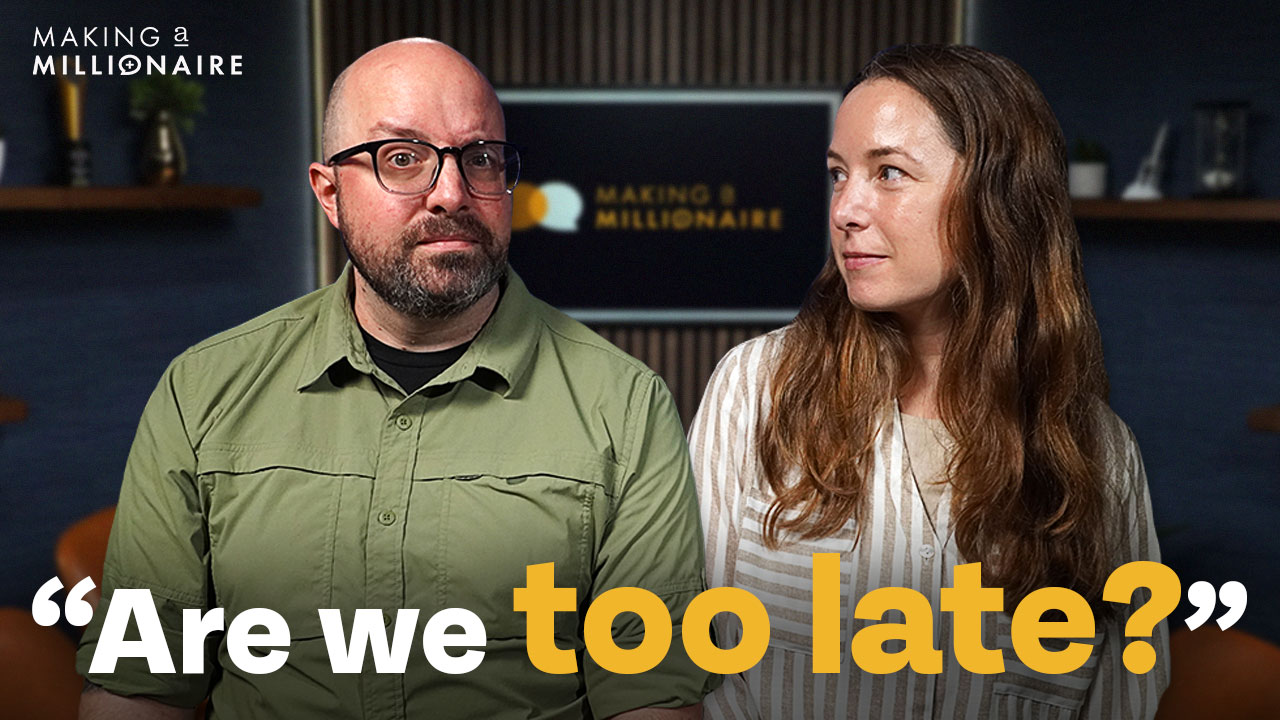
Getting in the habit of saving and building wealth early in life can be difficult. Surprisingly, transitioning back to a spender in retirement can also be difficult. Even if you have done all the hard work, you must be mentally ready for retirement, not just financially ready. Here are a few boxes to check to ensure an enjoyable and successful retirement.
Know what you are retiring to
Don’t think retiring from a job you dislike will magically make you happy and content. Fulfillment in retirement comes from addition by addition, not addition by subtraction. Before you retire, you should have a good idea of the activities and hobbies you’ll take up in retirement to make life enjoyable. As attractive as it may sound while you are working, sitting at home all day with nothing to do is not a fun way to spend retirement.
Do the math
How much money do you need to retire? It’s impossible to know exactly how much money you’ll need going into retirement, but you should thoroughly crunch the numbers before making the leap. Prepare for the unknowns, like a recession, and stress-test your plan to ensure you are ready for anything. In addition to your portfolio, other retirement income should be factored into the equation, such as Social Security and pensions. Once you reach retirement, make sure you are spending your money optimally, which means withdrawing from the buckets that make the most sense at the stage of retirement you are in.
Prepare for the psychological change
We spend the majority of our lives working. Many of us get our first jobs as teenagers, and work until our 60s. By the time you retire, you may have spent over half a century working. The mental transition from working to retired can be enjoyable but it can also be difficult. Work often provides a sense of purpose for many of us, and it is important to have something to replace that with in retirement. We spend almost as much time with our co-workers as we do with our family, and abandoning those relationships can be tough. Keeping in touch with former co-workers and friends can be a great way to ease the transition into retirement and make the psychological change a little easier.
Don’t stop learning and sharing knowledge
Retirement is your chance to do all of the things you never had a chance to in your working years. Use your extra time to pick up new skills or hobbies, and never stop learning. A never-ending pursuit of knowledge keeps life fresh and interesting. Make sure you also take time to share the knowledge you’ve gained along the way with other generations.
It is supposed to be fun
Retirement is what you spent all of your working years saving for. It’s the big payoff, and it should feel like it. Make a bucket list of things you want to accomplish in retirement; places you want to go, personal hobbies, maybe you want to learn a new language. You are now the person that everybody else is jealous of. Go all the places, do all the things, and enjoy your never-ending vacation.
There’s more to this life
Retirement is not the conclusion of your journey. Focus on the elements of happiness that you control; faith, thinking of things not of this world, family, community, and work. If you are about to enter the transition to retirement, or want to be as prepared as you can be when you do begin the transition, watch our latest show on YouTube below.














